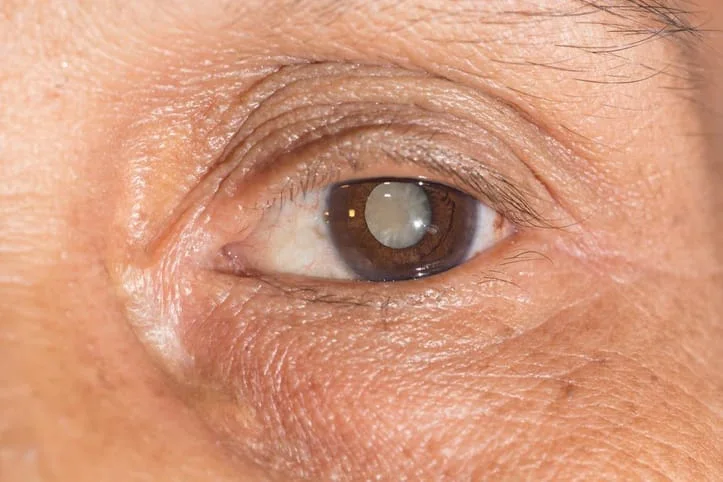What You Need to Know About Cataracts
When most people think of cataracts, they correlate it with age and senior eye care, but age is not the only factor. Other factors can cause cataracts at any age, including eye disease, eye injury, or other medical issues. At Karns Vision in Knoxville, we will work with you to understand the symptoms, causes, and tests for cataracts.
Causes of Cataracts
Cataracts are a condition where the eye lens becomes cloudy, and things appear hazy, blurry, or not as colorful as they should be. Since the most common cause of cataracts is age, senior eye care is essential. Beginning at the age of 40, you may experience regular eye changes resulting from the breakdown of proteins. The protein builds up in the lens, making it cloudy. It prevents light from coming through clearly and may cause slight sight loss. If you have cataracts, you may not experience vision problems right away.
Types of Cataracts
Congenital: This is when someone's eyes have cataracts at birth. It can be caused by poor development while inside the womb, injury, or an infection. These types of cataracts can also develop during childhood.
Age-related: These cataracts develop as you age.
Secondary: This happens due to exposure to ultraviolet light, toxic substances, or radiation. This can also occur due to taking medicines like diuretics or medical conditions like diabetes.
Traumatic: These cataracts form after an injury to your eye.
Symptoms of Cataracts
You might not notice any difference in your vision during the early stages of cataracts. As the condition progresses, the symptoms will become more evident. The most common symptom of cataracts is cloudy vision. Other common symptoms of cataracts include:
- Increased challenges with nighttime vision
- Sensitive to glare and light
- Needing brighter lights for reading
- Double vision in one of the eyes
- Constant adjustments in eyeglass prescriptions
Eye Exams
We can diagnose cataracts during your annual eye exam. Our eye doctors utilize several eye exams to determine whether or not to have cataracts. Cataracts and the severity of the condition are diagnosed using measures like:
Pupil dilation: During the dilation of your eye, your pupil's size increases, which allows the specialist to get a full view of your lens. When the lens is thoroughly examined, our specialist can conclude if a cataract affects your vision quality.
Potential Acuity Test: The potential acuity test, also known as the PAM test, evaluates how good your vision would be if you did not have a cataract. The PAM test uses a laser to transmit a visual acuity eye chart into your eye for you to read.
Contrast sensitivity: This test evaluates image contrast caused by glare and light scattering from the cataract.
Contact Us for Optometry Care in Knoxville
If you suspect you have cataracts, contact us at Karns Vision to schedule an appointment. Our eye doctors will work with you to properly assess the condition. We treat patients in and around the Knoxville area. Call us today to see how we can help you and your family's vision.


